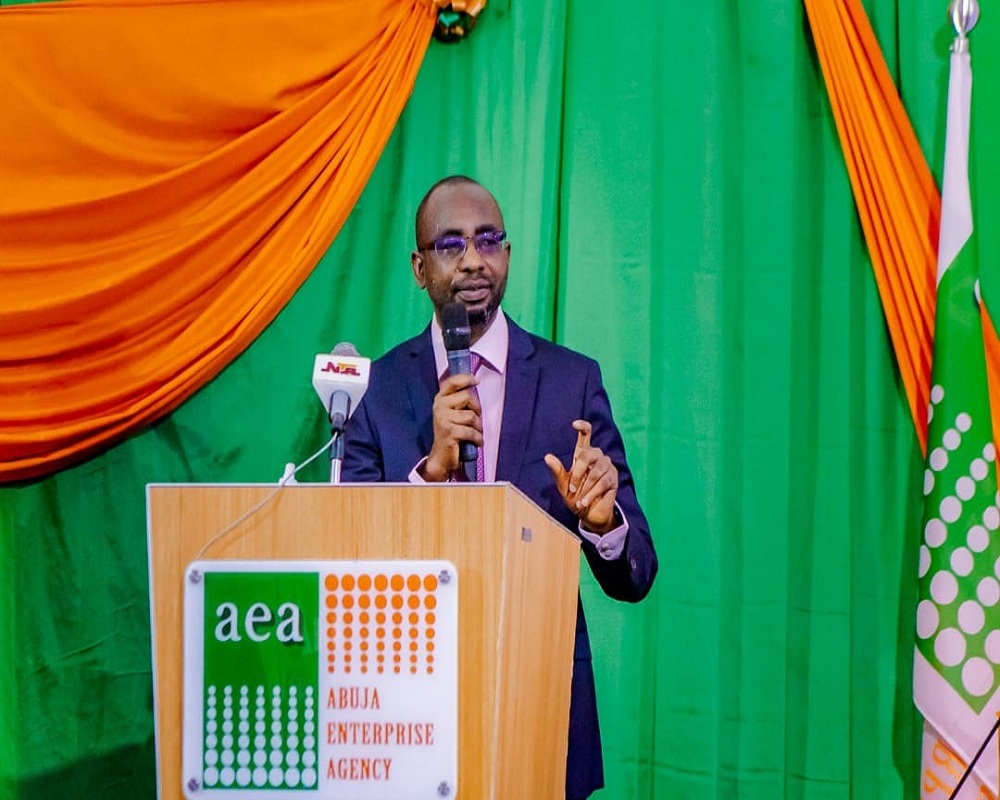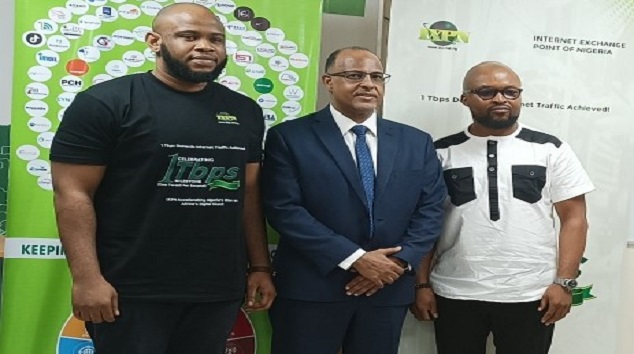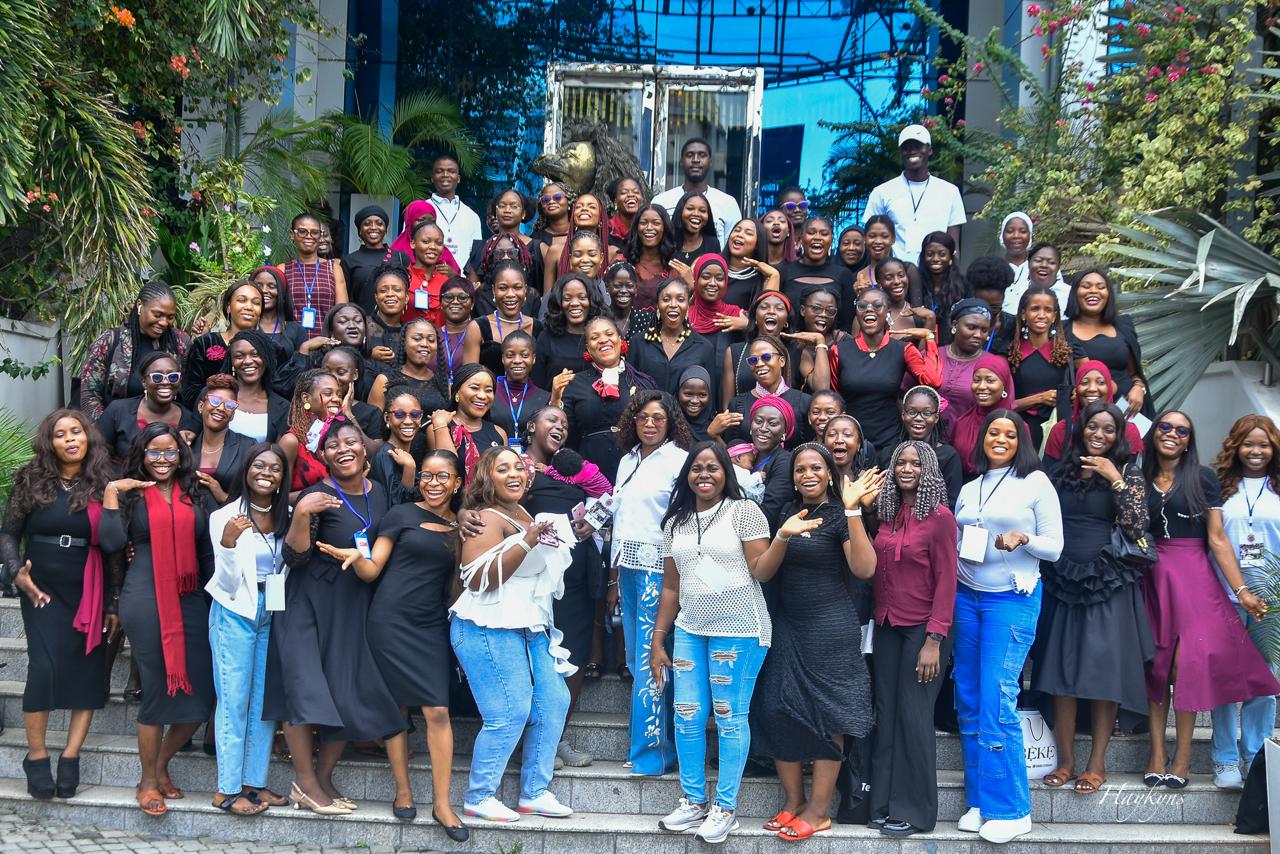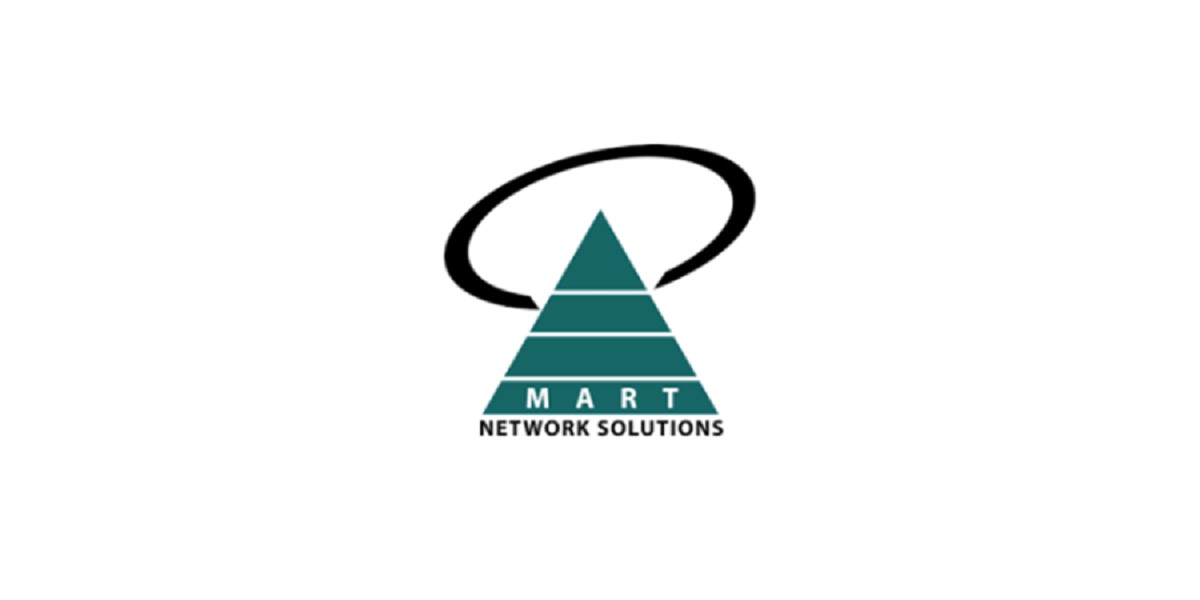Telecom
Enterprise Content Management will Save FG N4.5b Annually – DG NITDA

To accelerate the digitisation and the delivery of content services platforms in Ministries, Departments, and Agencies (MDAs) in achieving a digital Nigeria, Kashifu Inuwa, Director General, National Information Technology Development Agency (NITDA), said the implementation of the service-wide Enterprise Content Management (ECM) solution, organized by the Office of Head of Civil Service of the Federation, will result in an annual saving of about N4.5 billion in Nigeria.

Inuwa, who was represented by Dr. Usman Gambo Abdullahi, Director, Information Technology Infrastructure Solutions (ITIS) disclosed this while presenting a paper at the one-day ECM Service-Wide Round Table Workshop on ECM implementation with the topic “The Modalities of Software Clearance on ECM Solution for MDAs” at the Rotunda Hall, Ministry of Foreign Affairs in Abuja Shehu Shagari Way, Abuja.
While emphasizing the importance of ECM implementation, Iniwa said it is a critical success factor required by any enterprise to survive in this modern and competitive post-Covid-19 world to aid information availability, agile business processes and conformity to governmental regulatory requirements.
He added that ECM addresses the limitations and provides the capabilities to effectively and efficiently manage the challenges imposed by the demanding business requirements of the modern world.
He said, “Constraints such as complexity of massive volumes of variant data and information that exists in a broad array of formats, complex and extended business processes spanning across the business functions and partners around the globe, the need for integration and interoperability, fulfillment of compliance to legal and regulatory requirements are expected to be resolved by the implementation of the ECM”.
“The Federal Public Institutions (FPIs) and other Government establishments are not left out in this pursuit of digital transformation excellence, which is in line with the National Digital Economy Policy and Strategy for a Digital Nigeria (NDEPS 2020-2030) as well as Federal Civil Service Strategy and Implementation Plan 2021-2025 (FCSSIP 2021-2025).
“Digitalisation of Government processes facilitates transparency, efficiency, productivity, participation, inclusiveness, cost savings, and competitive advantage, which ultimately translates to social and economic development for a country like Nigeria. Therefore, digitalisation of Government processes is no longer a choice, but a must for any country aiming for development. ECM is used to manage information throughout its lifecycle, in line with the Digital Services Development and Promotion Pillar of NDEPS, among others,” he added.
According to the NITDA boss, some of the benefits of ECM to FPIs include saving employees time for mining information from physical paper documents, reduced cost of file storage and paper needs, and strengthening security by ensuring information confidentiality, integrity, availability, and increasing in regulatory compliance.
He referred to the Federal Government Circular No SGF/6/S.19/T/65 of 18th April, 2006 that directed all Federal Public Institutions planning to embark on any IT project to obtain clearance from NITDA. This directive was reissued on the 31st August, 2018 with Circular Number 59736/S.2/C.II/125, reiterating the need for all FPIs and other Government establishments to relate with and obtain clearance before embarking on any IT project.
He noted that to ensure seamless implementation of this mandate, NITDA issued a Guideline on IT Project Clearance in line with the need for a coordinated, standardized, and orderly approach to the deployment of IT systems by FPIs.
He disclosed that a total of 258 projects from 97 FPIs amounting to a total investment of N152,043,373,117.25 were cleared, in 2021 and a total of N24,403,266,842.86 was saved for the Government in the same year.
In consideration of the tremendous success of the IT Projects Clearance process, the Federal Executive Council, at its sitting on the 9th March 2022, approved that FPIs must obtain a Quality Assurance Certificate from NITDA for any cleared IT project that is up to N1,000,000,000.00 or more, prior to the closure of the project. This is to further strengthen the value realisation of Government investment in Digital Transformation.
The Head of Civil Service’s ECM project has passed through the NITDA IT Clearance process. The project was granted clearance on the 23rd of February 2022 after satisfactorily meeting all the requirements, including thorough engagement with the technical personnel from the office of the Head of Civil Service as well as the potential Service Provider.
The DG concluded that ECM is the key to the transformation of FPIs into a digital and automated environment where any work process can be created and confidentiality, integrity, and availability of information are guaranteed.
While applauding the initiative by the Head of Service of the Federation in setting the pace for the implementation of ECM Inuwa called on all FPIs to key into this initiative and submit their ECM projects for Clearance by NITDA.
In her opening remarks, the Head of Service, Dr. Folashade Yemi-Esan elaborated on some of the processes that have been engaged in the implementation of the ECM.
She stated that her office set up a culture change joint project committee in July 2020. The committee delivered the solution, reduced the status of ECMs in various Local Government Areas, did a review of the functional and technical requirements of the ECMs platform, developed request for a proposal for the procurement of the service provider, and went ahead to develop Standard Operating Procedures (SOPs) in the office of the Head of the Service and all other LGAs and have also looked at deploying infrastructural support for the effective implementation of ECM.
She added that a change and communication management team was established to conduct risk management of the ECMs and that 16 MDAs and staff in LGAs and the office of the Head of Service, through the collaboration and support of the Federal Ministry of communication and Digital Economy have already be trained.
Telecom
Internet Exchange Point of Nigeria Achieves Historic 1 Terabit Per Second Local Internet Traffic Milestone

IXPN, Nigeria’s leading Internet Exchange Point, is proud to announce a landmark achievement: crossing 1 Terabit per second (1Tbps) in aggregate peak domestic internet traffic for the first time.

This milestone signifies a major leap forward in developing Nigeria’s internet infrastructure and underscores the critical role of local internet infrastructure in driving economic growth, innovation, and connectivity for millions of Nigerians.
“This milestone is more than just a number. It’s a symbol of Nigeria’s digital maturity and our united strides towards becoming a tech-driven nation. By keeping local internet traffic within Nigeria, we reduce costs, improve speeds, and ensure our digital economy thrives with homegrown infrastructure.” said Muhammed Rudman the CEO of IXPN.
“Achieving 1 Tbps is a significant victory for Nigeria’s ICT ecosystem, a breakthrough for domestic internet traffic. It serves as a catalyst, enabling millions of Nigerians to enjoy faster, more affordable, and resilient internet connectivity.”

1 Terabit per second is a game-changer for Africa’s most populous country. To put it in perspective:
- Mega Video Calls: A speed of 1 Tbps can support over 1 million concurrent Zoom calls, allowing students, entrepreneurs, and professionals to connect and drive Nigeria’s digital revolution.
- Streaming Frenzy: With 1 Tbps, more than 200,000 people can stream HD Nollywood films or movies on Netflix simultaneously without any buffering or interruptions.
- Data Superpower: This speed enables the transfer of the entire contents of 50,000 smartphones—including photos, apps, and videos—in just one second.
For Nigeria, hitting this milestone means reducing reliance on international bandwidth, decreasing latency for local services, and strengthening our position as Africa’s digital heartbeat. This milestone is a testament to the power of collaboration, innovation, and the relentless pursuit of a faster, more connected Nigeria.
This accomplishment goes beyond technical advancements; it has significant economic implications. By encouraging local traffic exchange, IXPN reduces dependency on international bandwidth, leading to:
- Significant Cost Savings: By utilizing local data exchange, Nigerian businesses can save millions of dollars annually on international bandwidth fees.
- Enhanced Speed and Connectivity: With reduced latency, users experience smoother streaming, gaming, and real-time services, enhancing their overall online experience.
- Increased Resilience: Strengthening Nigeria’s internet infrastructure protects against global disruptions, ensuring consistent access to vital services such as healthcare and education.
- Improved Efficiency: Optimizes digital services like fintech, edtech, e-commerce, and e-health, propelling innovation and growth in these sectors.
Surveys conducted among IXPN members over the years have shown a growing percentage of local internet traffic in Nigeria. A recent report indicates that some connected members can localize or domesticate up to 70% of their internet traffic through IXPN.
“As more content providers, ISPs, banks, and public institutions localize their traffic through the IXP, end users benefit directly,” added Raphael Iloka (Marketing Manager). “We’re not just routing data — we’re building the foundation for Nigeria’s digital economy.”
The 1 Tbps peak highlights the remarkable impact of collaboration among all stakeholders. This milestone is a significant achievement not only for IXPN, but for the entire ICT ecosystem. IXPN deeply appreciates the vital contributions of all stakeholders involved.
To our Members and Partners: Your trust and participation have been essential to our growth. Together, we have established a hub where networks can interconnect, innovate, and thrive.
To the Government and Regulators: We express our sincere appreciation to the Nigerian Communications Commission (NCC) for all its support over the years and its vision of a digitally inclusive Nigeria.
To our Team: We extend our gratitude to our engineers, network administrators, and all other staff who work tirelessly behind the scenes to push boundaries.
To the Global Community: We are grateful to partner organizations like the Internet Society (ISOC). Your support and advocacy in domestic peering empower us all.
Reaching 1 Tbps is just the beginning. As data demands skyrocket with AI, IoT, 5G, and immersive technologies, IXPN is committed to staying ahead of the curve. Here’s how:
- Scaling Infrastructure: We are investing in advanced hardware and software to support multi-terabit capacities.
- Enhancing Resilience: We are strengthening our network to ensure uptime, security, and adaptability in an ever-changing digital landscape.
- Empowering Underserved Communities: We aim to expand our reach to rural areas, bridging the digital divide, and supporting agritech, edtech, and telehealth.
- Strengthening Africa’s Digital Sovereignty: Partnering with regional IXPs to keep Africa’s data on the continent.
Telecom
TD Africa’s TecHERdemy Empowers 400 Women to Lead in Tech

On April 17, 2025, the atmosphere at Yudala Heights was electric with pride, hope, and inspiration as TD Africa, the leading tech distribution company in Sub-Saharan Africa, celebrated the graduation of 400 young Nigerian women from its flagship TecHERdemy program.

Over the past six months, these incredible women immersed themselves in rigorous, hands-on training in Cybersecurity, Data Science, Artificial Intelligence, and Software Development. They are now confidently stepping into the tech world, ready to make their mark.
The event brought together top voices in the industry, including Dr. Leo Stan Ekeh, Chairman of the Zinox Group, who commended the graduates for their resilience and brilliance. In his keynote speech, he shared a hopeful vision for Africa’s future, calling these young women “the pioneers of a new, inclusive era of tech leadership on the continent.”
Mrs. Chioma Ekeh, CEO of TD Africa, also delivered a heartfelt message, urging the graduates to let their values guide them as they navigate their careers.
“Hold tightly to your values. Let integrity guide your work, let innovation fuel your dreams, and let your impact speak louder than your résumé,” she encouraged.
The ceremony was filled with emotion as graduates shared their personal stories of transformation. One of them, Yetunde Kayode, now a certified data scientist, summed it up beautifully: “This program changed my life. I’m walking away empowered, skilled, and deeply grateful to Mrs. Ekeh and the TecHERdemy team for believing in us.”
Fifteen exceptional participants were also honoured for their outstanding performance and leadership during the program, reminding everyone that excellence comes in many forms.
TecHERdemy, which launched in November 2024, was built with a simple but powerful mission: to equip young Nigerian women with globally relevant digital skills and open doors to a tech career. But what happened over those six months went beyond just skills; it sparked a movement.
This graduation wasn’t just the end of a program. It was the beginning of a brighter, more inclusive future for tech in Africa.
Telecom
Mart Networks Unveils Invinsense 6.0: AI-Powered Cybersecurity Revolution in Africa

Mart Networks, a leading cybersecurity distributor in Africa and Middle East, today announced the launch of Invinsense 6.0, the latest version of its flagship cybersecurity platform.

With this release, Infopercept integrates Agentic AI across its offensive, defensive, and compliance modules, creating autonomous and intelligent systems capable of dynamically building and executing workflows for critical cybersecurity decisions.
The platform’s AI agents interpret tasks, make real-time decisions, and continuously adapt workflows based on live data—across Invinsense XDR (Extended Detection and Response), Invinsense OXDR (Threat Exposure Management), and Invinsense GSOS (Compliance Platform).
Invinsense 6.0 marks a significant step forward in enabling security leaders to adopt AI-powered strategies across three fundamental cybersecurity pillars: offense, defense, and compliance. Here’s what’s new:
1. Invinsense XDR – AI-Enabled Detection and Response
Infopercept’s Extended Detection and Response solution now incorporates Agentic AI, boosting its detection and response capabilities through:
- AI Triage Agent – Groups and enriches threat alerts for streamlined analysis.
- AI Threat Hunting Agent – Investigates incidents in-depth to uncover hidden threats and indicators.
- AI Response Agent – Makes autonomous decisions to neutralize threats in real time.
- AI Chatbot – Provides end-user assistance modeled on SOC analyst expertise.
2. Invinsense OXDR – AI-Powered Exposure Management
Enhanced with agentic AI, OXDR delivers end-to-end exposure discovery, prioritization, and remediation:
- Attack Surface Monitoring – An AI agent autonomously discovers and prioritizes exposed assets in real-time, adapting to evolving risks and triggering remediation suggestions.
- Vulnerability Management – Uses contextual risk analysis to triage and prioritize vulnerabilities, automatically initiating appropriate remediation workflows.
3. Invinsense GSOS – AI-Driven Compliance Platform
Infopercept’s compliance module leverages Agentic AI and Large Memory Language (LML) capabilities to:
- Upload and structure security compliance data into a vector database
- Plan, analyze, and act upon gaps across multiple compliance frameworks
- Autonomously identify missing controls and suggest actions to meet regulatory standards
“Since the inception of Infopercept, its mission has been to address cybersecurity holistically—across offensive, defensive, and compliance domains,” said Moiz Maloo, Managing Director, Mart Networks. “Over time, each of these areas has presented its own challenges:
· Defensive security struggles with alert fatigue, missed detections, and slow response times.
· Offensive security lacks clear visibility and prioritization of internal and external exposures.
· Compliance demands are growing daily, with new regulations across geographies and industries.”
“With Agentic AI, Infopercept is building dynamic, intelligent systems that continuously evolve—just like the threats we face. This adaptability is critical in today’s cybersecurity landscape.”

 Telecom2 days ago
Telecom2 days agoMTN Nigeria Takes Broadband Services to the Next Level with FibreX Launch

 News2 days ago
News2 days agoSERAP Files Lawsuit Against NBC Over Ban on Eedris Abdulkareem’s Protest Song Tell Your Papa

 Telecom1 day ago
Telecom1 day agoDigital Transformation Remains Africa’s Gateway to Economic Advancement – Adumike

 Telecom1 day ago
Telecom1 day agoPAFON 2.0: Experts Discuss Pathways to Boost Financial Inclusion in Nigeria

 E-Financial1 day ago
E-Financial1 day agoCBN, NGX Group Defend Economic Reforms at Nasdaq

 General News1 day ago
General News1 day agoEFCC Clarifies SCUML Certificate Misuse amid CBEX Ponzi Scheme Scandal

 E-Financial2 days ago
E-Financial2 days agoFCMB Group Redefines Corporate Storytelling with The Power Of The Group TVC

 General News1 day ago
General News1 day agoFlashChange Partners Ruth Foundation to Empower Vulnerable Children in Alimosho with Skill Acquisition




























